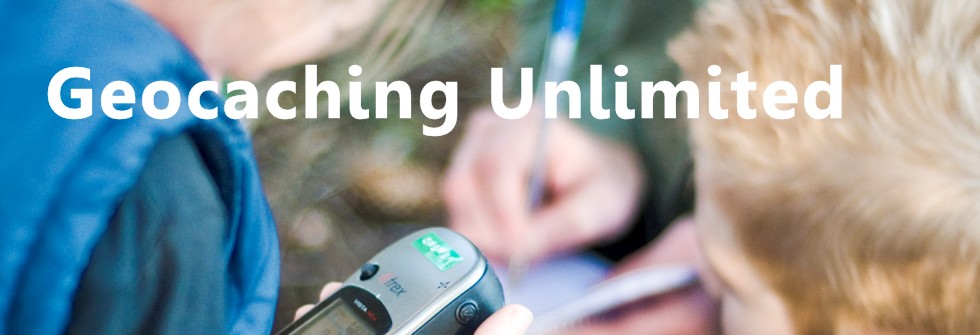Frequently Asked Questions
What is Geocaching?
Geocaching (pronounced “Geocashing”) has been called the fastest growing outdoor recreational activity in the world.
The term “Geocaching” comes from “geo” meaning earth and “cache” meaning a hiding place.
It is a worldwide, high-tech treasure hunt which involves the use of a global positioning system otherwise known as a GPS. A GPS is a hand-held radio based navigation system that gives a location’s latitude and longitude “address” using coordinates.
A geocacher can place a cache anywhere in the world, pinpoint it’s location using GPS technology, and then share the cache’s information and location online.
Anyone with a GPS can then try to locate the cache. The container’s surprise contents are only half the fun, the other half is the adventure that awaits you.
Until the year 2000, the US government had degraded GPS signals using something called, “Selective Availability.” SA allowed the US military and it’s allies to use special GPS receivers to get very accurate location information while preventing civilian GPS receivers from having as much precision.
On May 1, 2000 the SA feature was removed from 24 military satellites, thus enabling civilian GPS users up to ten times more accuracy on their devices. This move enabled GPS users to create and enjoy this fast growing outdoor adventure game.
The website www.geocaching.com describes in detail how this activity works, and it gives many informative and helpful ideas how to use it. Today I can visit this website, type in the name of a town or city I plan to visit, and all of the caches hidden in that area will be listed. I can choose any cache I wish to search for, plug it’s coordinates into my GPS, and then head out to begin my search. The hunt involves looking for anything from Tupperware containers, to film canisters, and even ammo boxes filled with interesting odds and ends referred to as “swag” (stuff we all get).
Download our Geocaching Brochure in PDF format.

Geocaching is the perfect outdoor activity because it encourages people of all ages to experience exercise and fresh air as part of a year round activity.
Besides the fact that Geocaching is considered an outdoor recreational activity with over 5 million people participating in it, it can certainly be used to enhance any and all types of curriculum.
Many educators, such as myself, have recognized geocaching as a valuable tool which can enhance curriculum right across the board. Some of the areas I have used geocaching in the classroom have included history, science and technology, environmental studies, geography, mathematics, problem solving, physical education, language arts, creative writing, and team building.




.jpg)
.jpg)
.jpg)
.jpg)
.jpg)
.jpg)
.jpg)
.jpg)
.jpg)
.jpg)
.jpg)
.jpg)
.jpg)
.jpg)
.jpg)
.jpg)
.jpg)
.jpg)
.jpg)
.jpg)
.jpg)
.jpg)
.jpg)
.jpg)
.jpg)
.jpg)
.jpg)
.jpg)
.jpg)
.jpg)
.jpg)
.jpg)
.jpg)
.jpg)
.jpg)
.jpg)
.jpg)
.jpg)
.jpg)
.jpg)
.jpg)
.jpg)